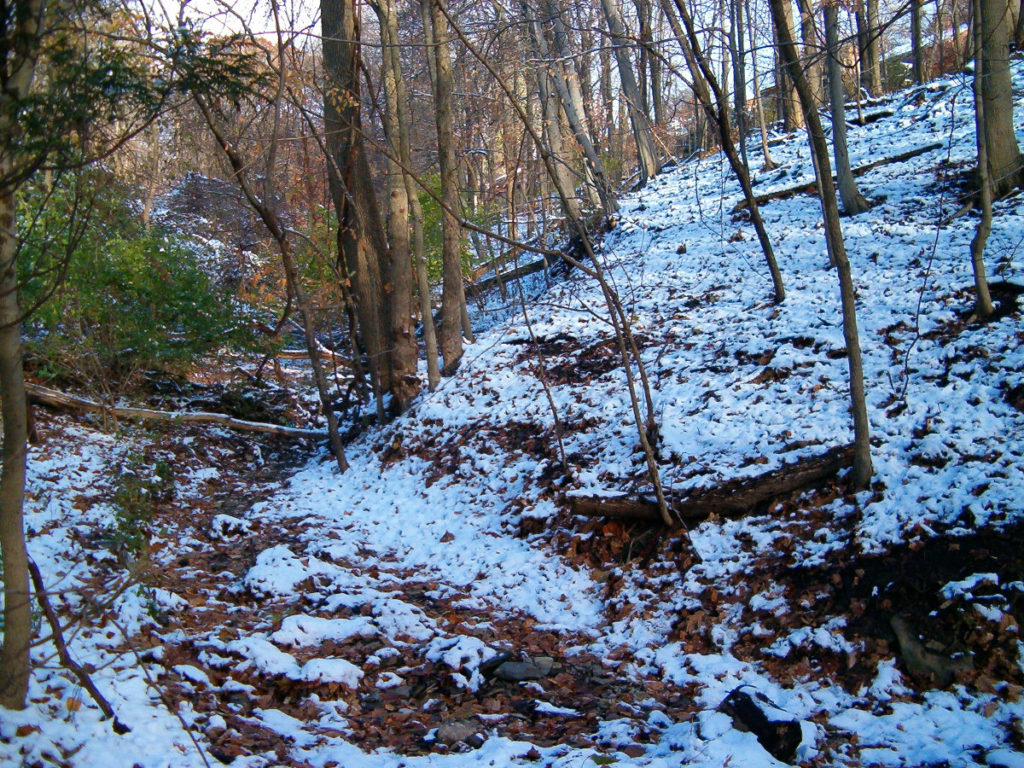
Our first substantial snow of the season left wet snow in the woods, but not on the roads—just the way snow is best appreciated.

Our first substantial snow of the season left wet snow in the woods, but not on the roads—just the way snow is best appreciated.
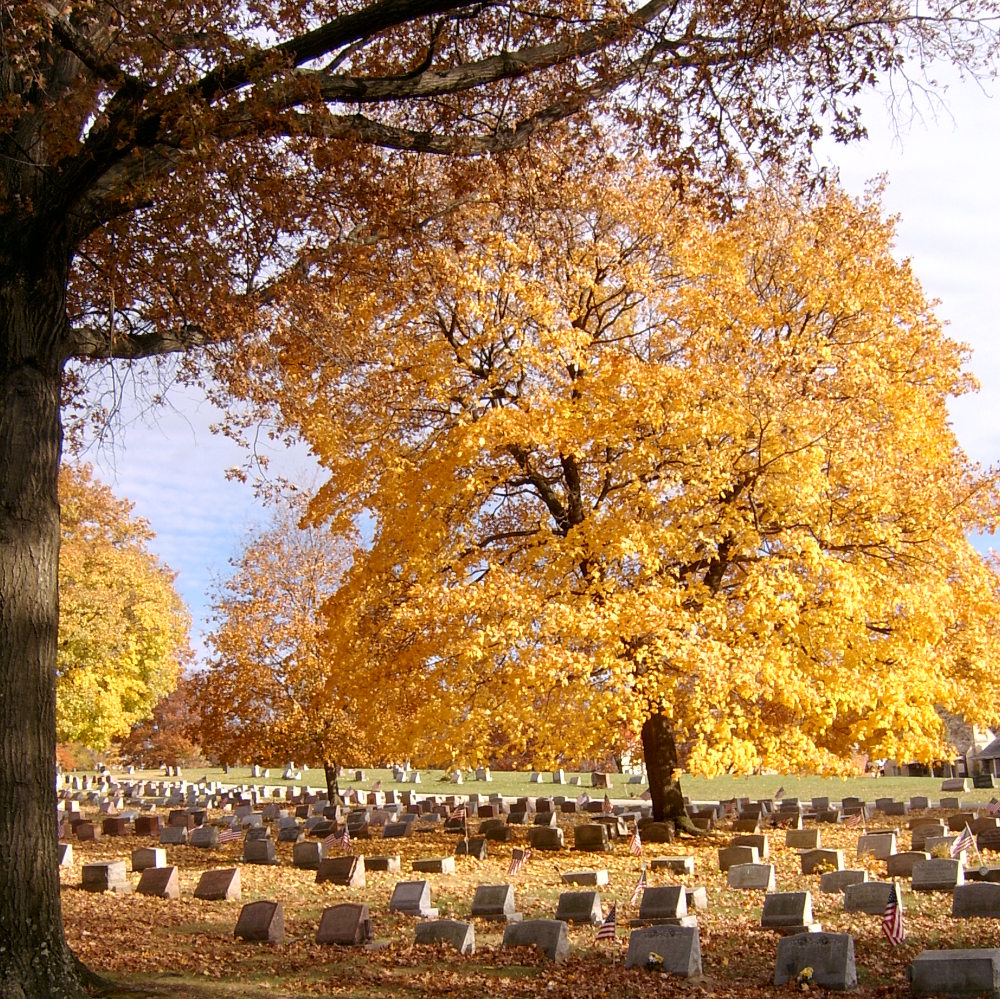
Cemeteries in Pittsburgh have the advantage of Pittsburgh topography to make them picturesque. Add fall colors, and the picturesqueness is irresistible. The Union Dale Cemetery is the premier address for deceased residents of the old City of Allegheny.
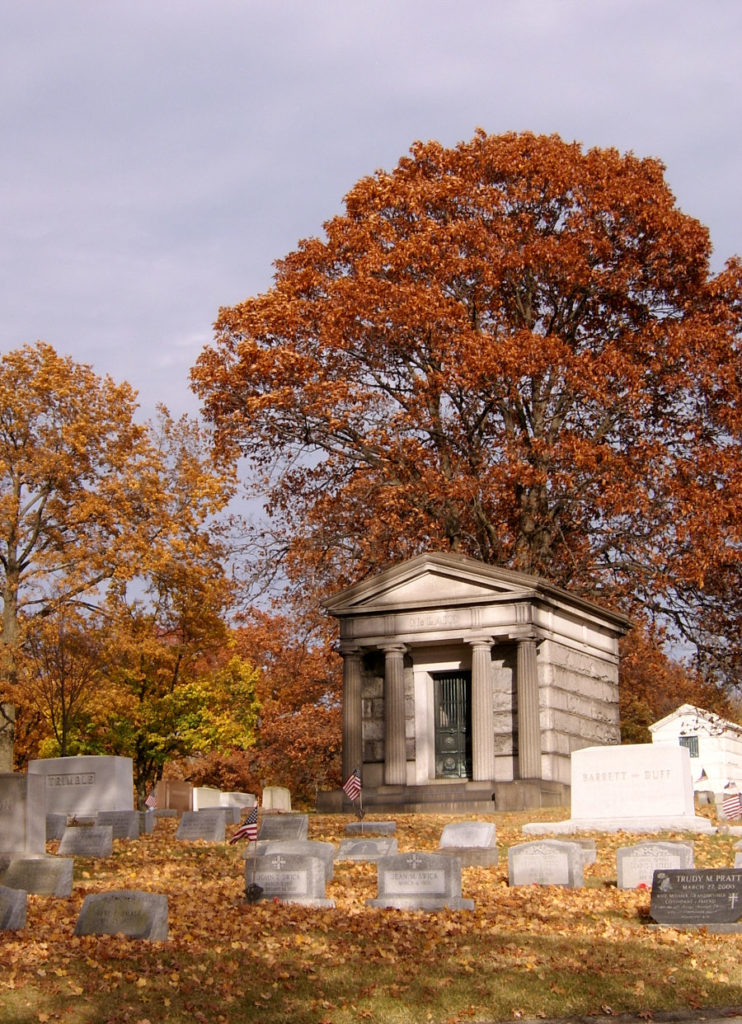
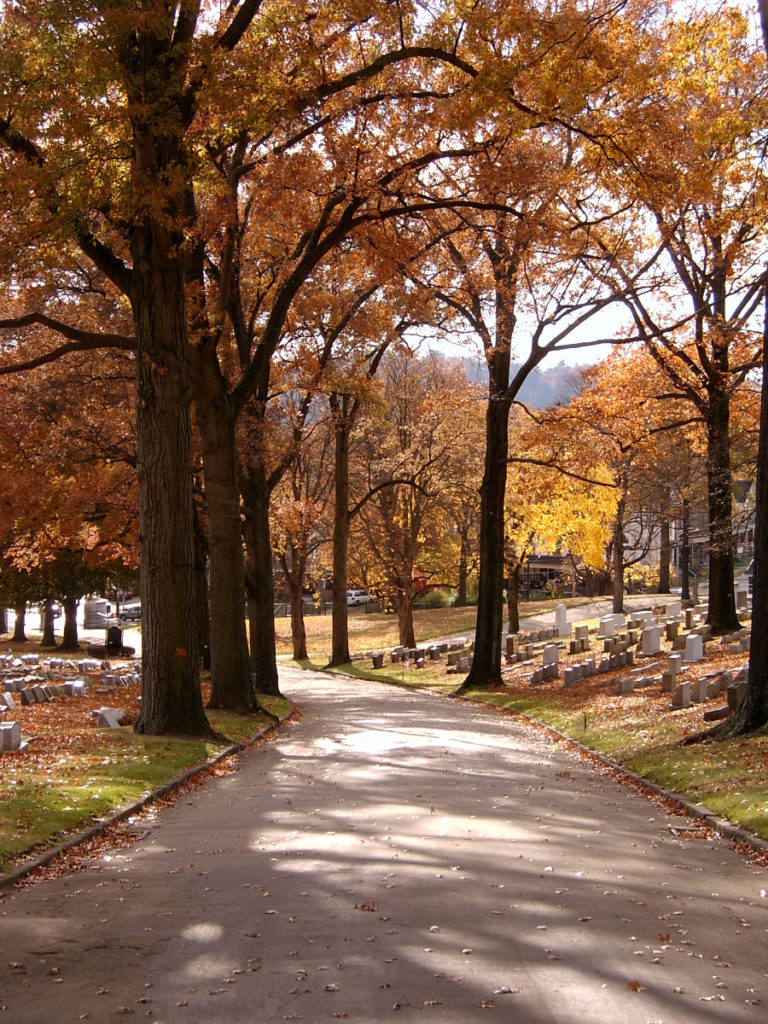
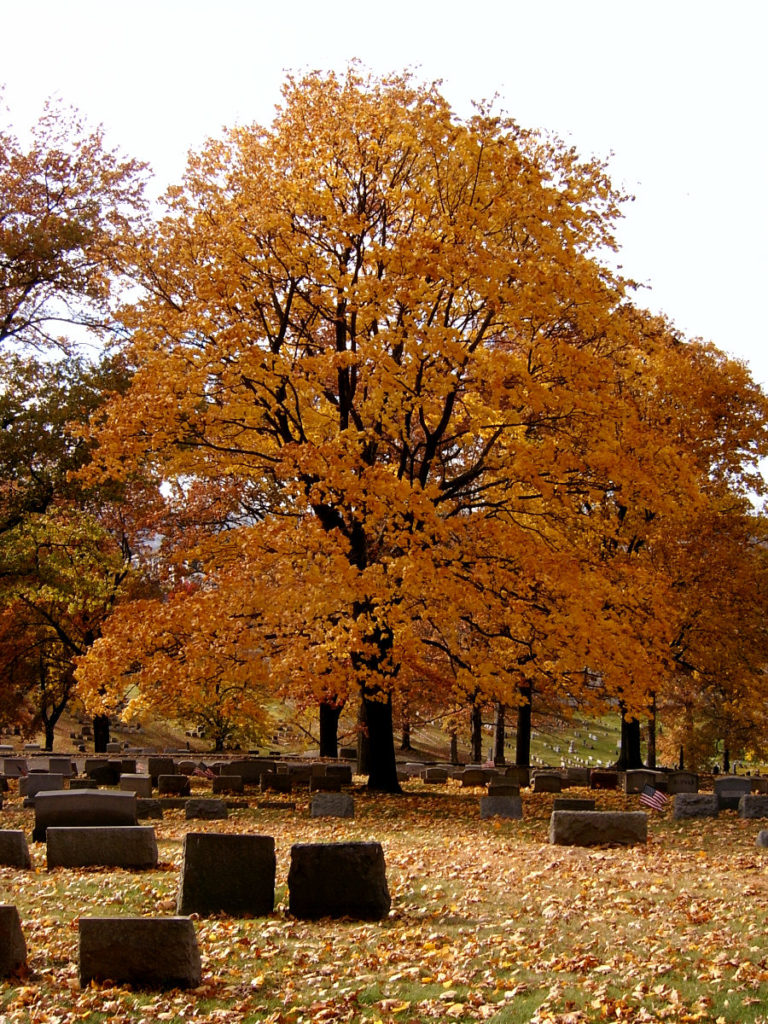
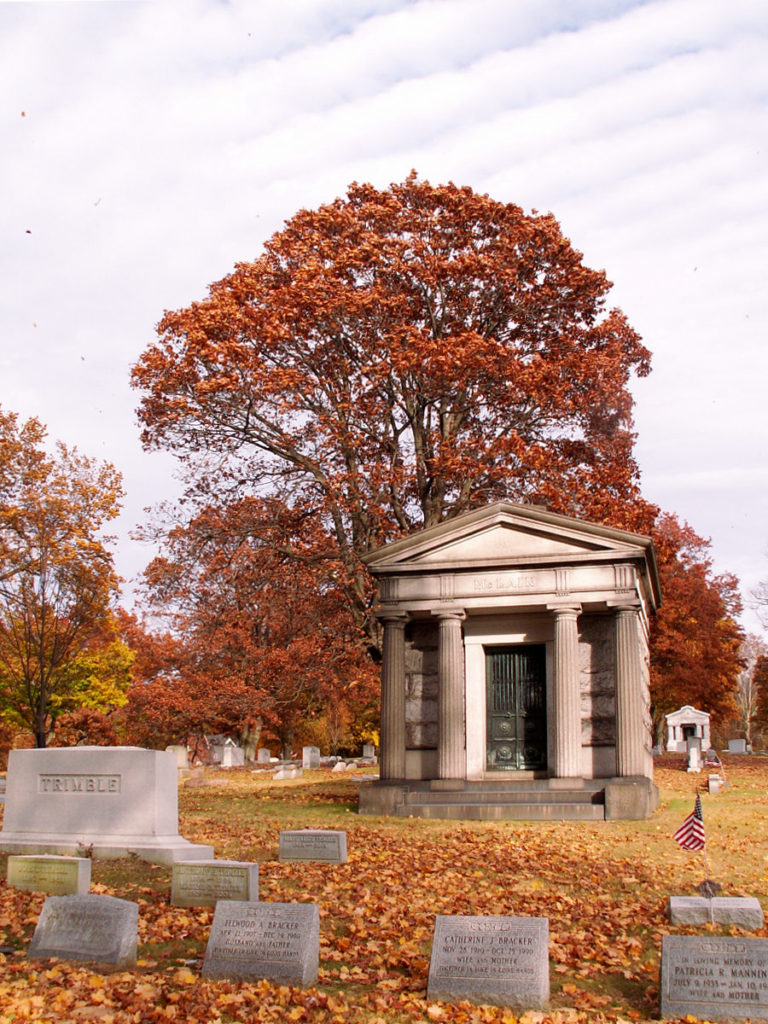

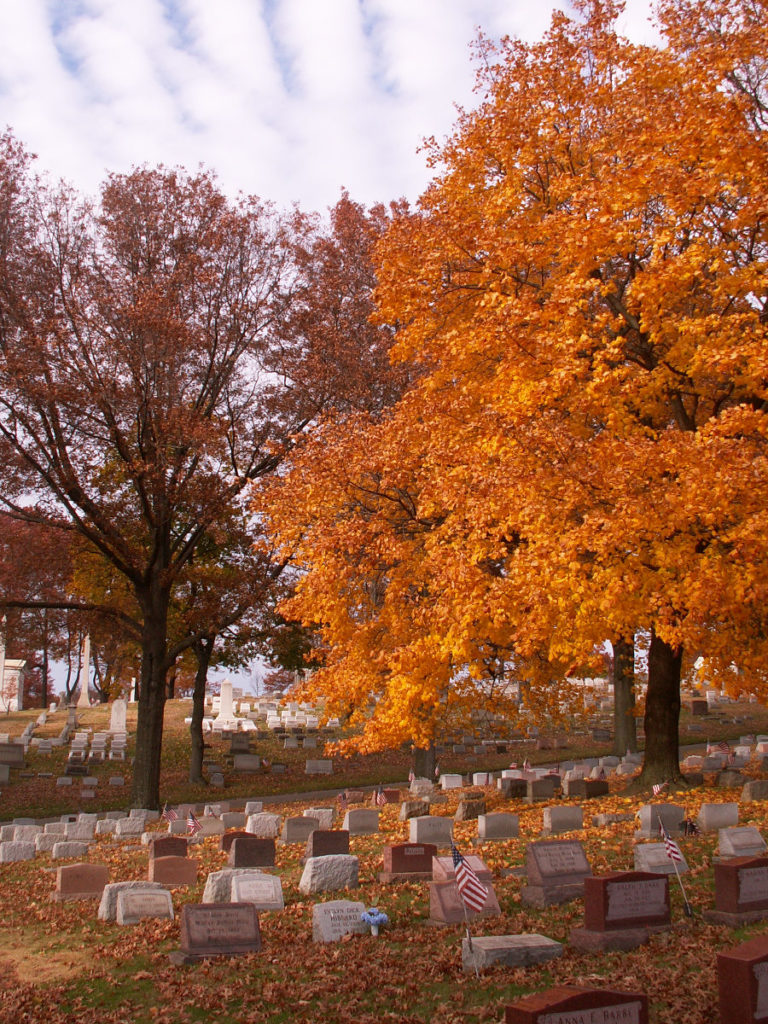

Little glimpses of the downtown skyline pop up unexpectedly in hilltop neighborhoods. Here, from a back street in Beechview, we see Mount Washington, with the U. S. Steel Tower and the BNY Mellon Center poking their heads up behind the hill.
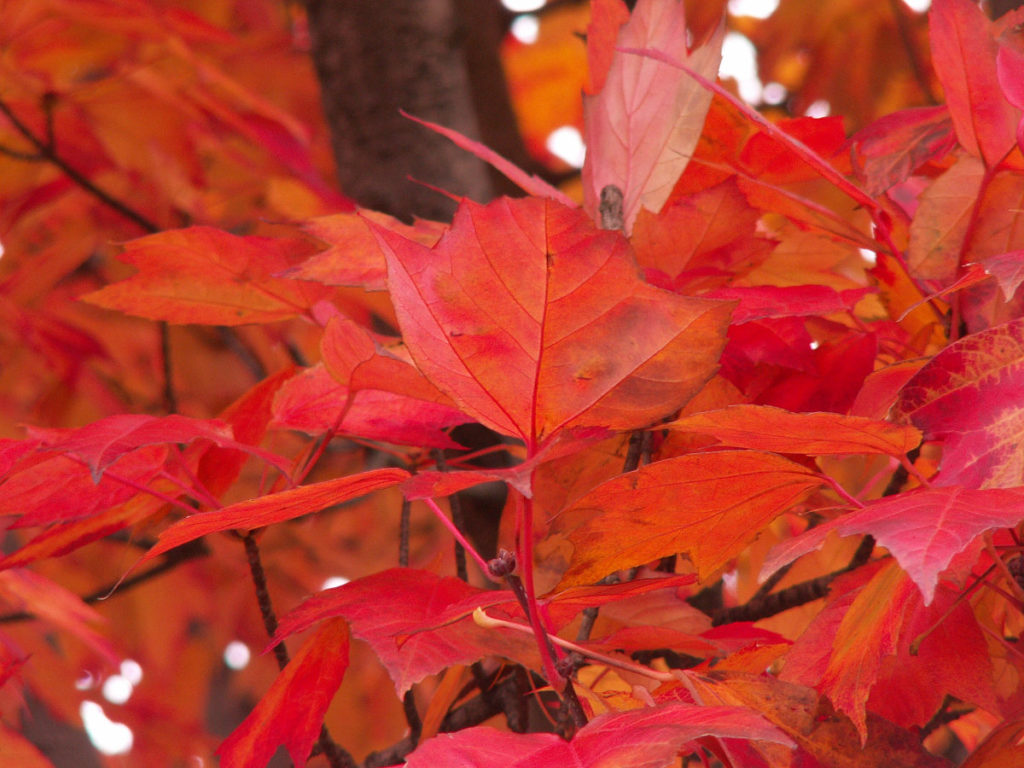
A subdued October has given way to the most gloriously colorful November in recent memory.
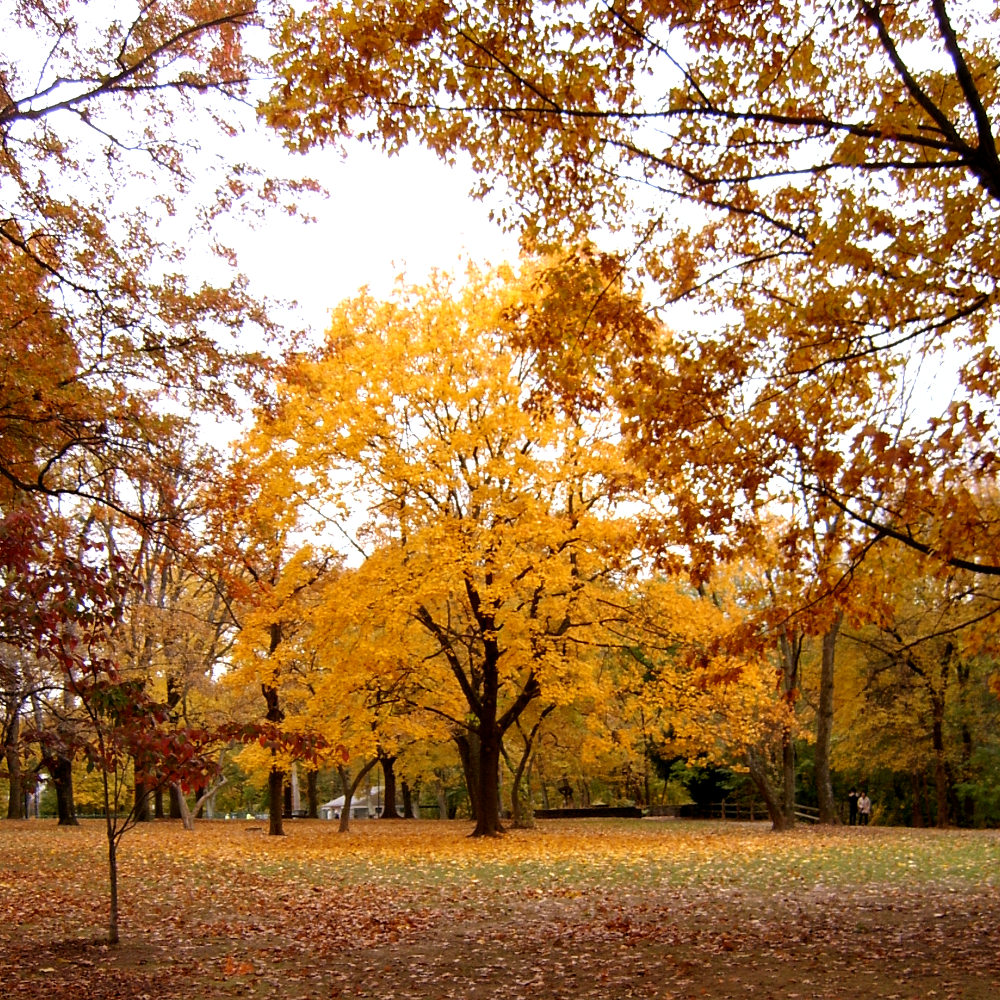

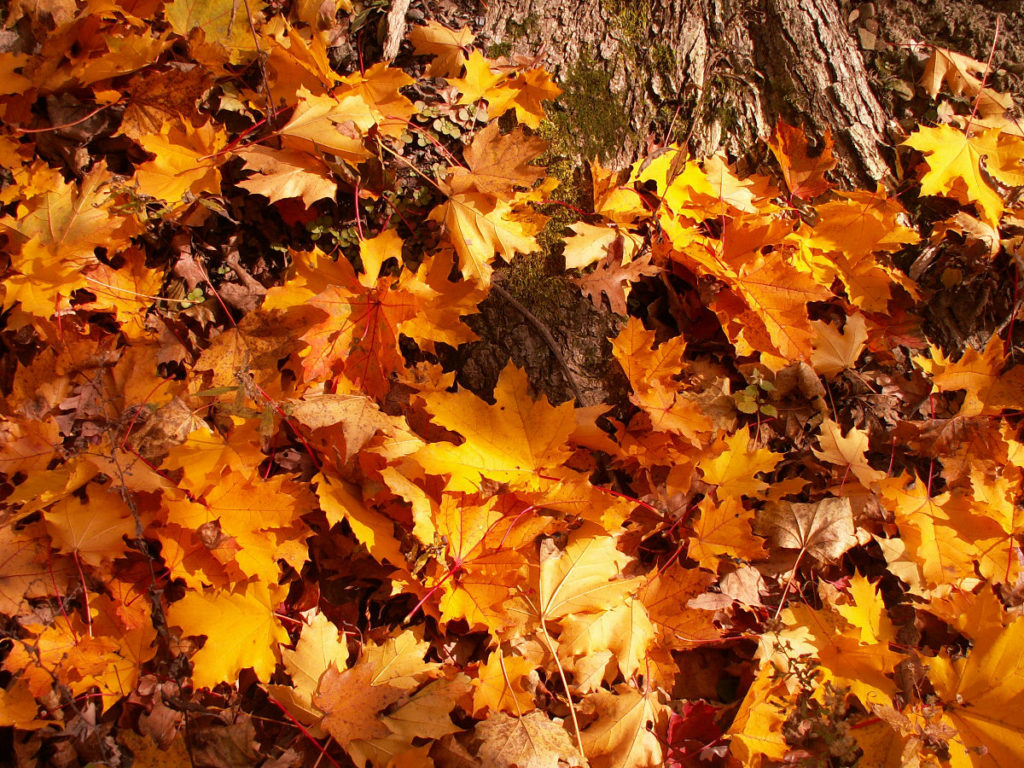
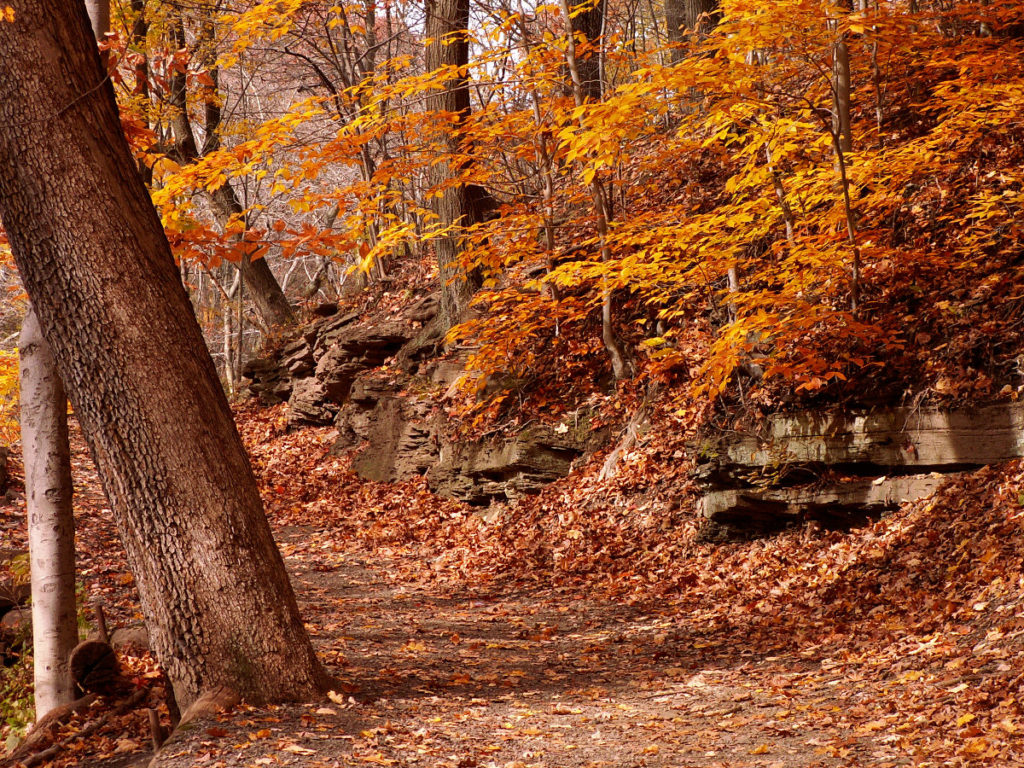
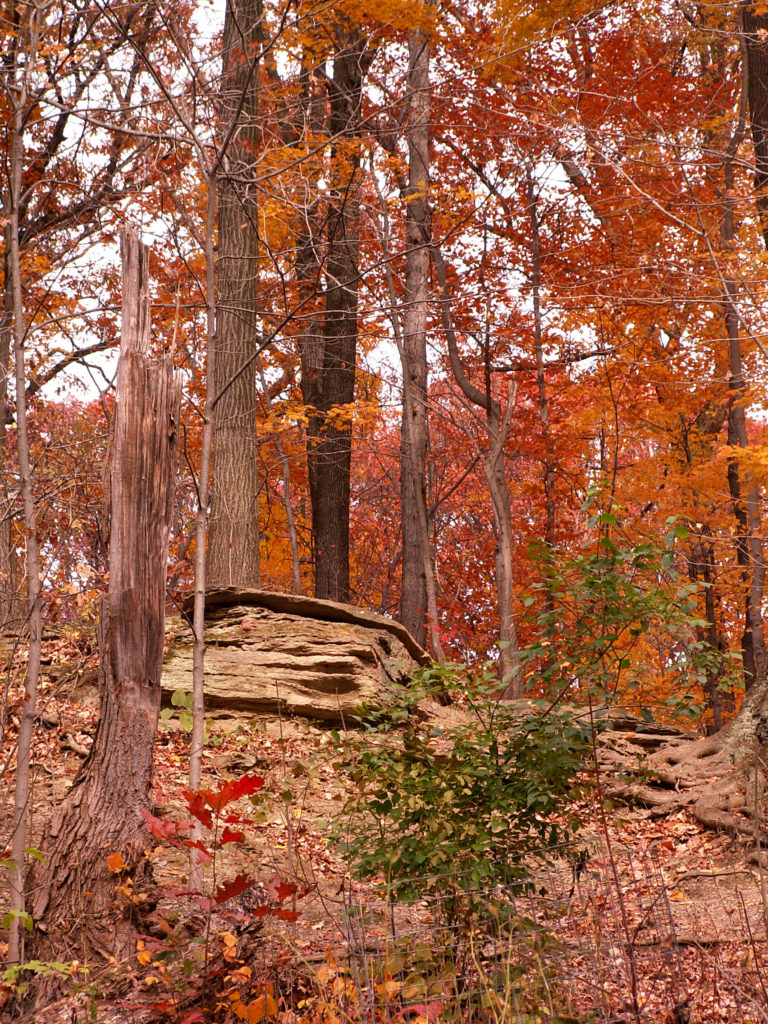

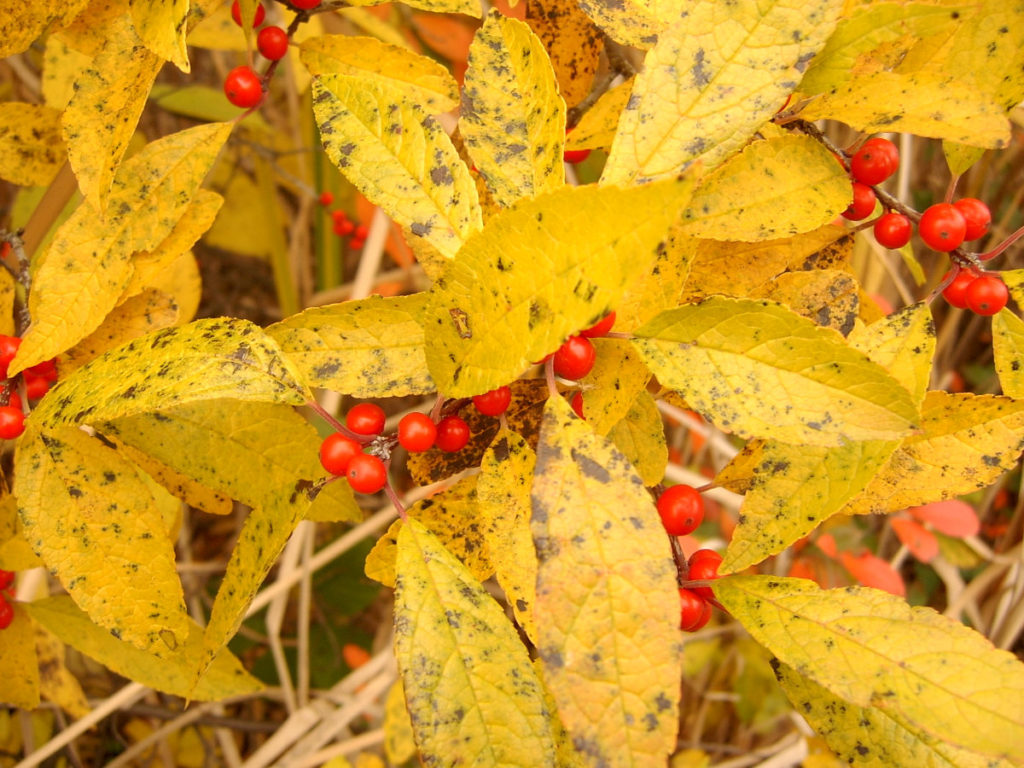
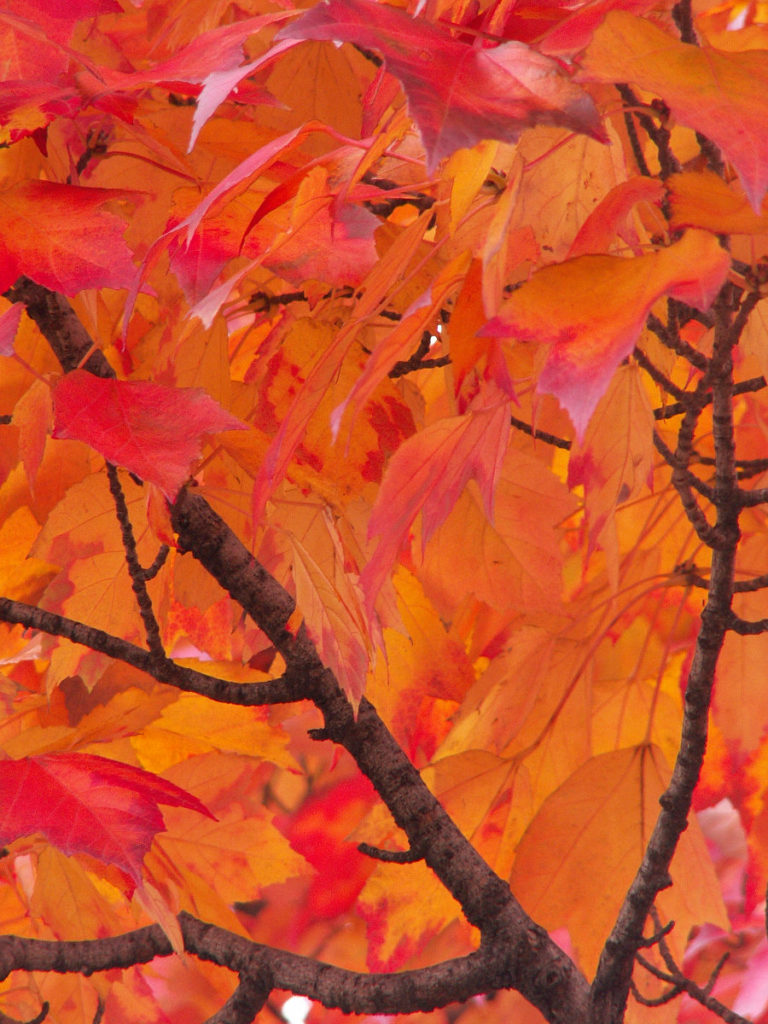

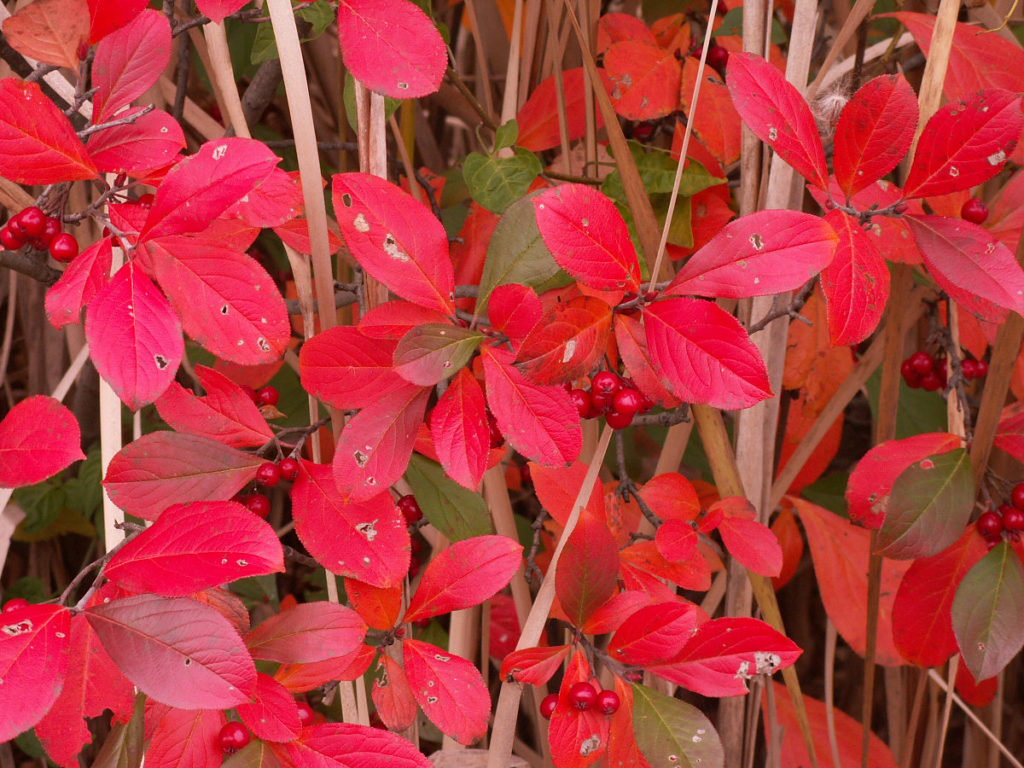
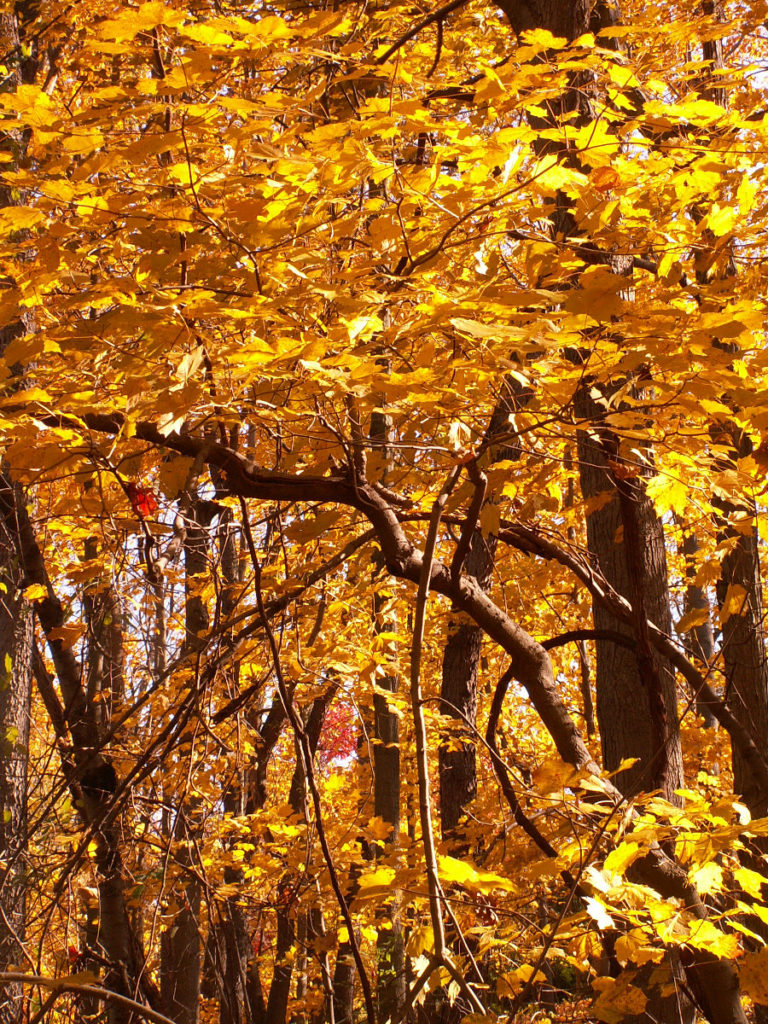
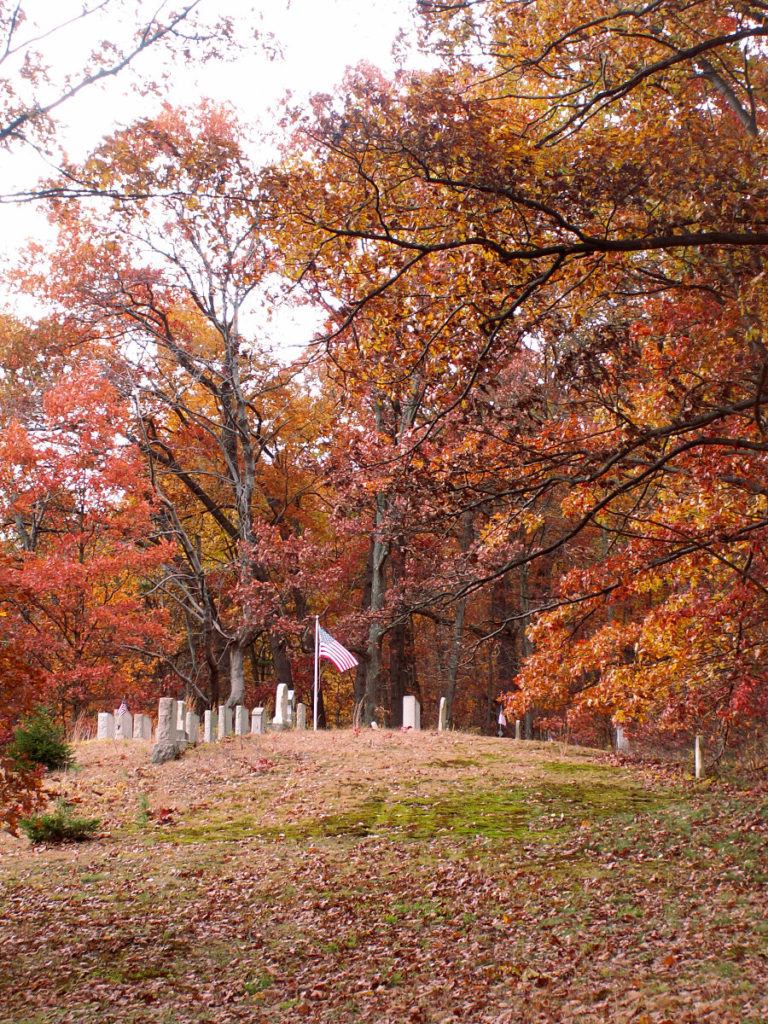

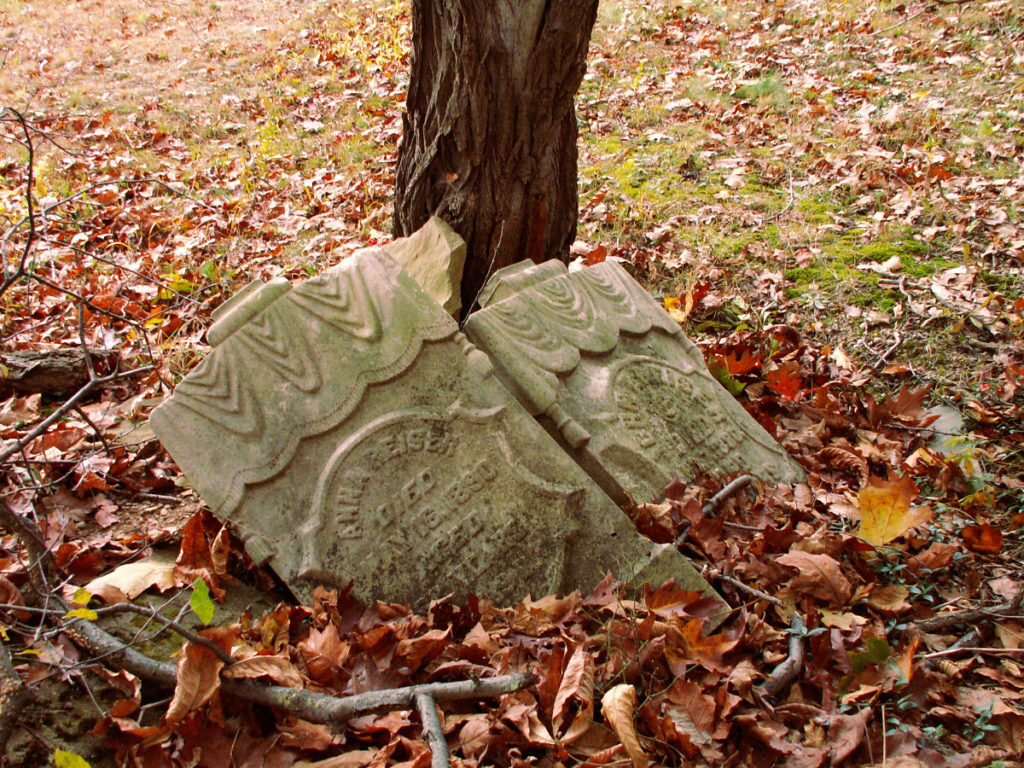
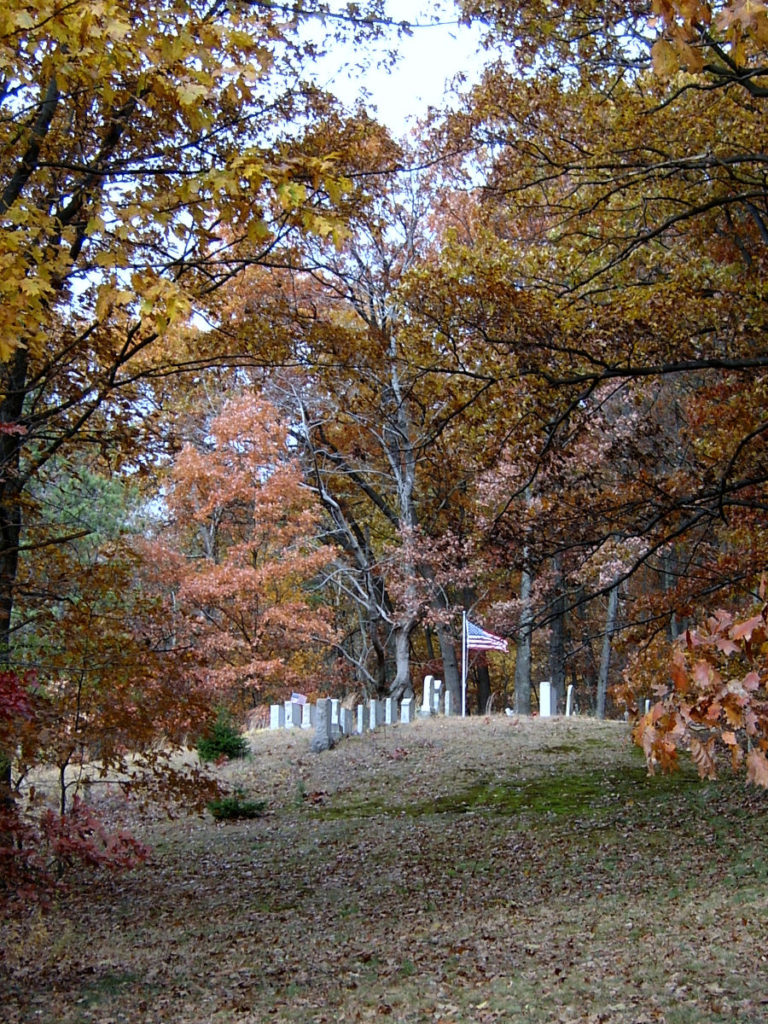
Fall colors surround a little country graveyard west of Cranberry.
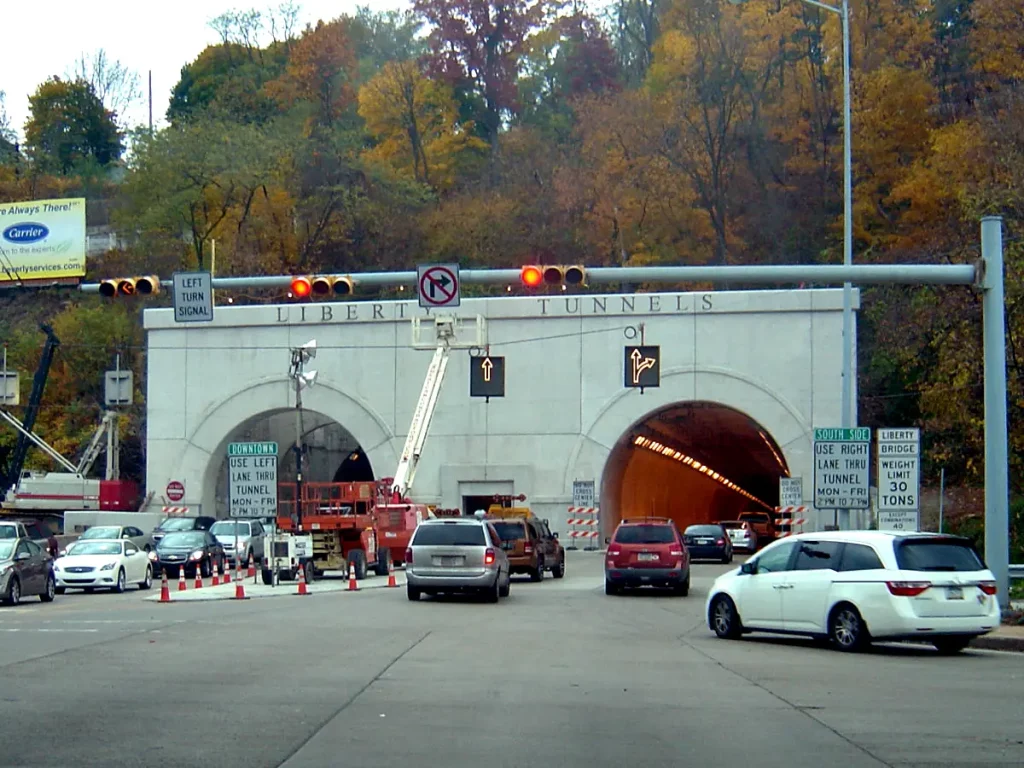
The new portals for the Liberty Tubes are nearly finished, and they look splendid—almost exactly the way they looked when the tunnels opened in 1924. The unfortunate mid-century boxes are now only a memory.
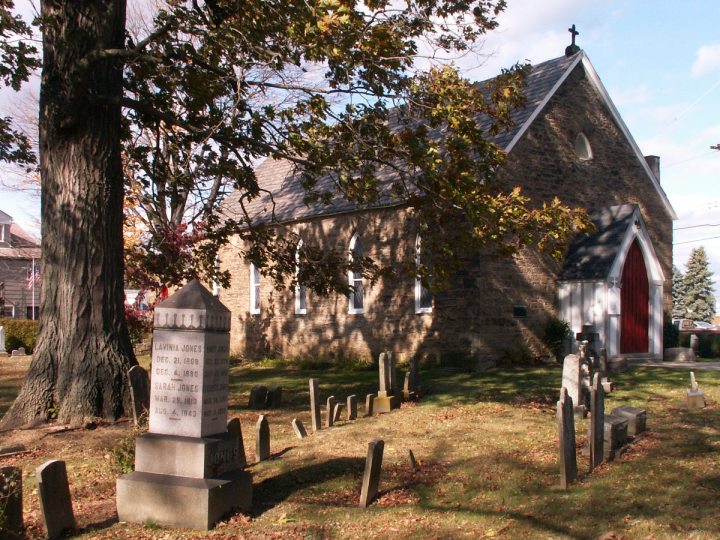
Old St. Luke’s Church in the little village of Woodville (an unincorporated part of Scott Township) was founded in 1765. It was stuck in the middle of the Whiskey Rebellion, which divided the congregation, one of whose members was General John Neville, a tax collector who barely escaped with his life. (Woodville Plantation, the house to which he escaped, is still standing nearby.)
The current building dates from 1852. In the burying ground surrounding the little stone church are some very old graves, including some Revolutionary War veterans and “the first white child born in the Chartiers Valley.” The oldest stones were native shale, which is a very poor material for gravestones; but some of the obliterated inscriptions have been duplicated in plaques beside the stones.
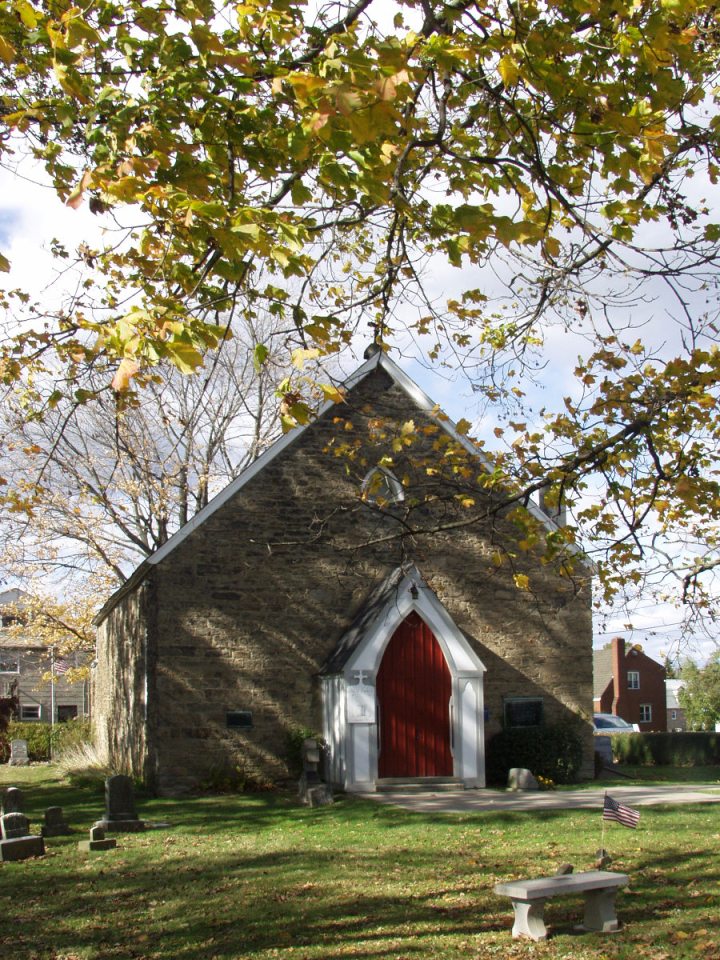
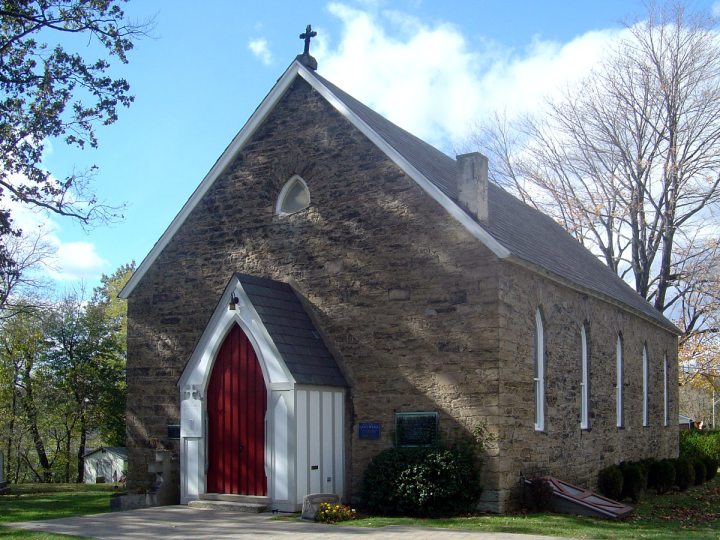
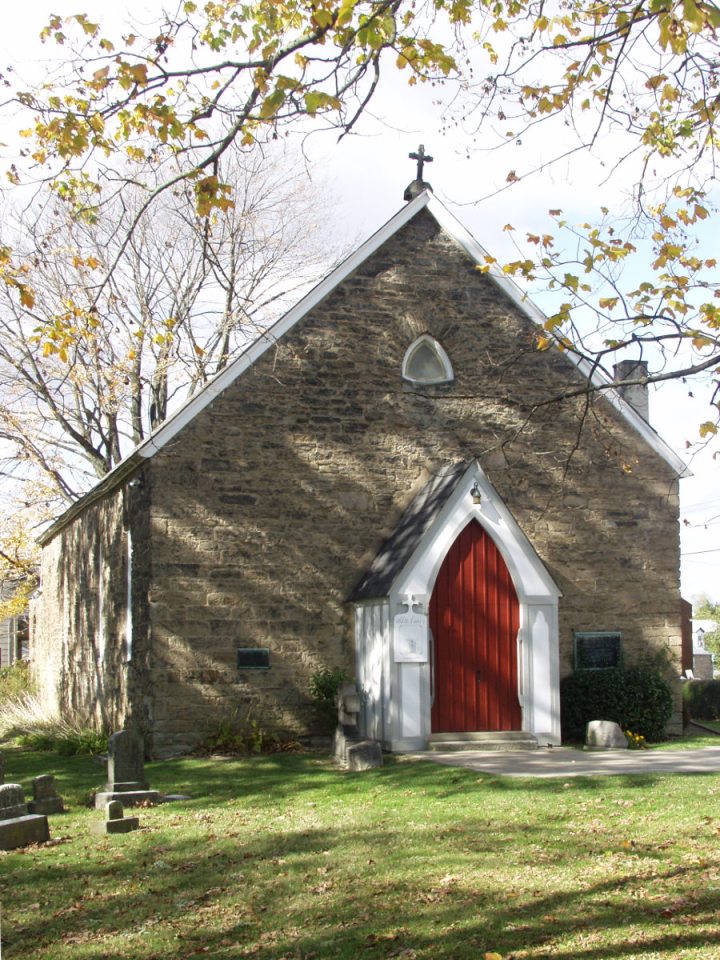
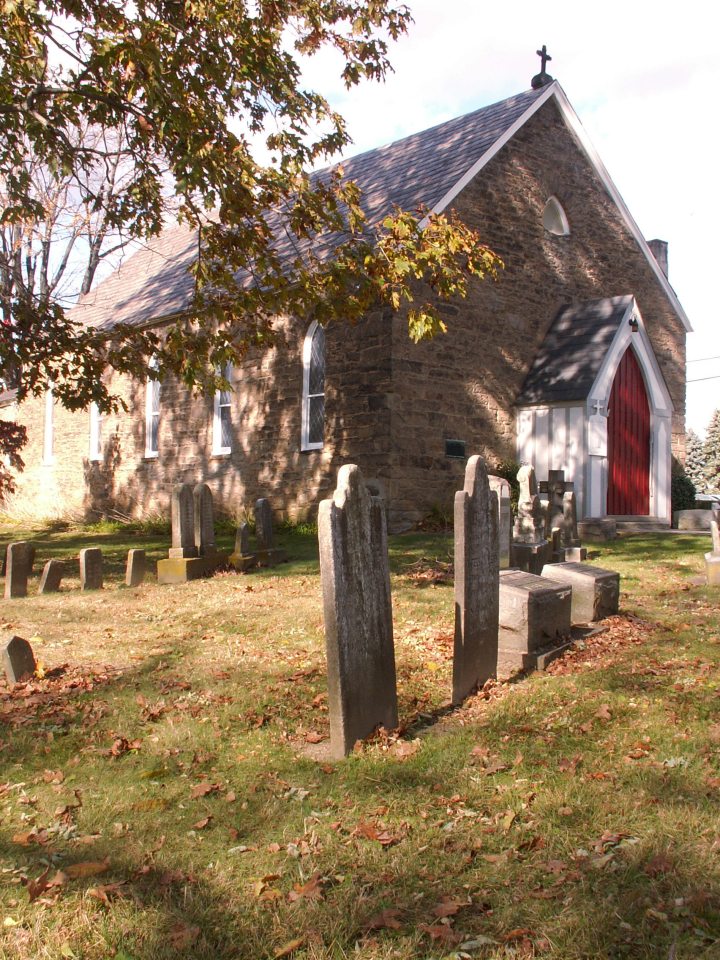
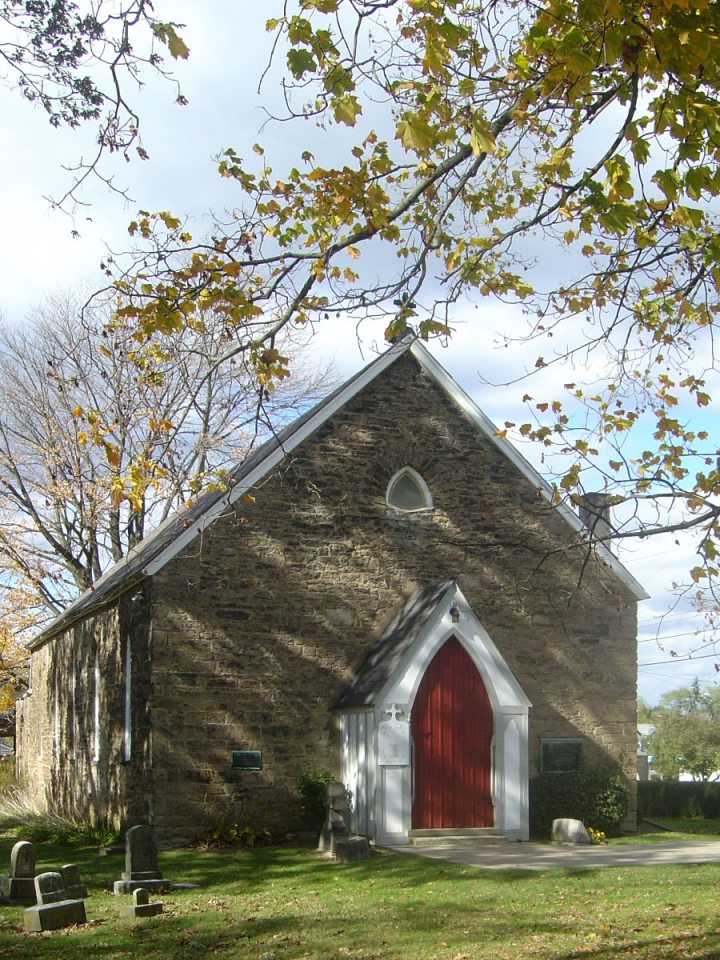

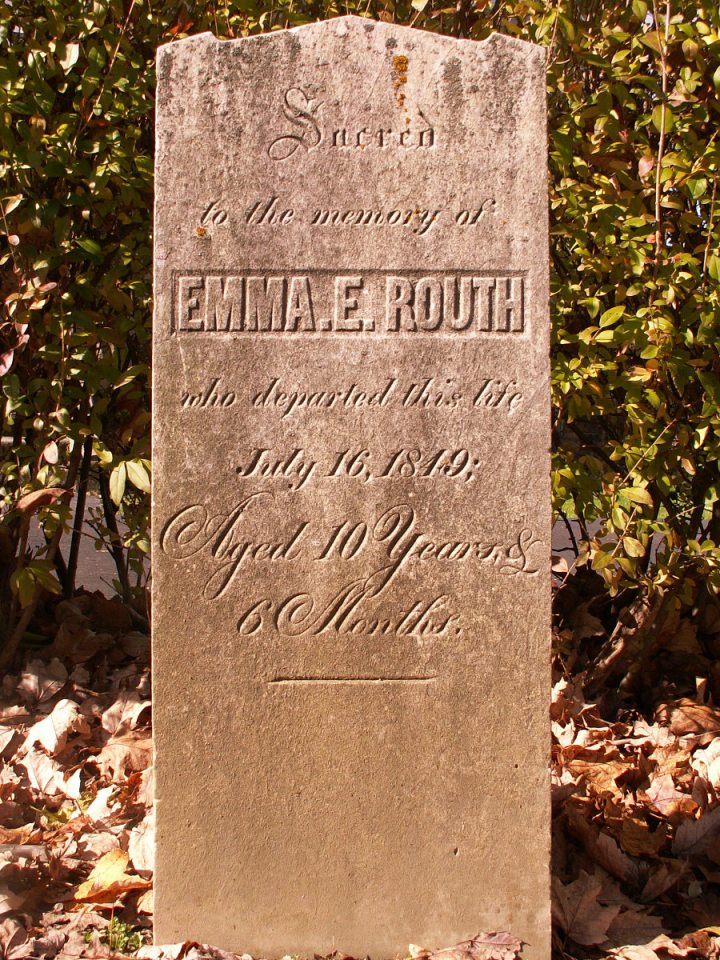

There’s something impressive about a mushroom bigger than a soccer ball. These giant puffballs (Calvatia gigantea) appeared on a wooded hillside in Mount Lebanon, near a pile of decaying wood. Squirrels or chipmunks seem to have been nibbling at them as they grew, which gives them pockmarked surfaces that make them look like asteroids.

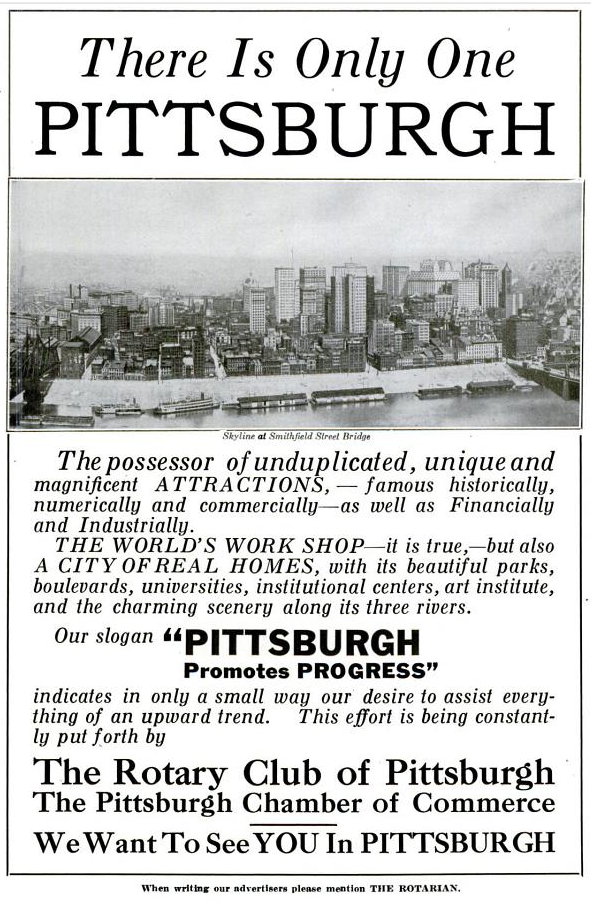
From the Rotarian magazine, May, 1916. Note the skyline filled with beaux-arts classical towers, most of which are still here today, although they are dwarfed by more modern skyscrapers..